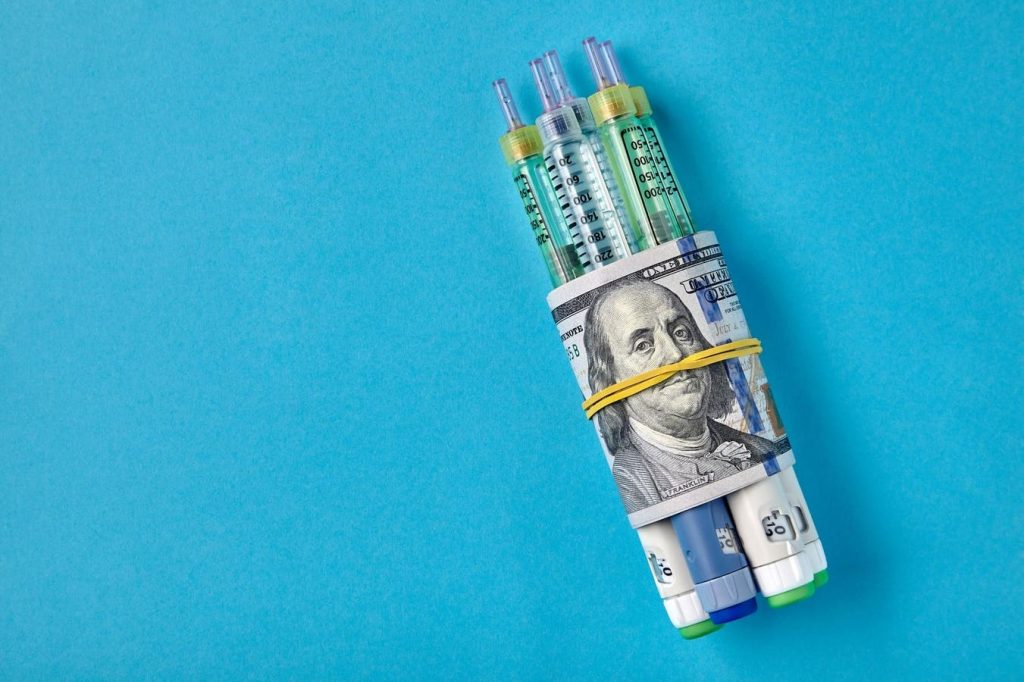The financial burden caused by high prices of insulin products has long been a critical issue for diabetic patients in the United States. For many years, drug makers increased list prices for insulin, leading to rising out-of-pocket costs for patients, both for the uninsured and those with insurance. While payers negotiated lower net prices through rebates, these savings were not passed on to patients at the pharmacy counter. This created growing public discontent among the millions of Americans who rely on insulin to manage their diabetes.
In response to this issue, several major drug manufacturers announced price cuts for their insulin products, including Novo Nordisk and Sanofi. These reductions were seen as a positive step towards making insulin more affordable for patients. The emergence of biosimilars and increased competition in the insulin market also played a role in lowering prices. Additionally, a policy change in how Medicaid-specific rebates are calculated starting in 2024 has put pressure on manufacturers to lower the prices of their drugs to avoid selling them at a loss to Medicaid.
While these price cuts have been seen as a positive development for patients, there have been concerns raised about the discontinuation of certain insulin products, such as Novo Nordisk’s Levemir. Senators Jeanne Shaheen, Raphael Warnock, and Elizabeth Warren have demanded clarification from the company on whether patients will have access to affordable alternatives, such as Tresiba. Access to treatment alternatives can vary depending on a person’s health insurance coverage, highlighting the importance of ensuring continued availability of essential insulin products.
As part of the Inflation Reduction Act, out-of-pocket costs for insulin have been capped at $35 per monthly prescription for Medicare beneficiaries enrolled in the outpatient or Part D program. President Biden has touted this as a signature achievement of his Administration. Drug manufacturers, including Novo Nordisk, Ely Lilly, and Sanofi, have pledged to limit the price paid by patients for insulin to $35 at the pharmacy counter for those with commercial insurance. However, concerns remain for the uninsured and underinsured, who may still face challenges in accessing affordable insulin.
Despite these efforts to lower out-of-pocket costs and make insulin more affordable for patients, some commercially insured individuals continue to pay more than $35 a month for insulin. This highlights the ongoing urgency of addressing insulin affordability and availability for all patients, particularly for vulnerable populations such as pregnant women who may need specific insulin products. Continued efforts by policymakers, drug manufacturers, and advocacy groups will be needed to ensure that all patients have access to affordable and vital insulin products to manage their diabetes effectively.













